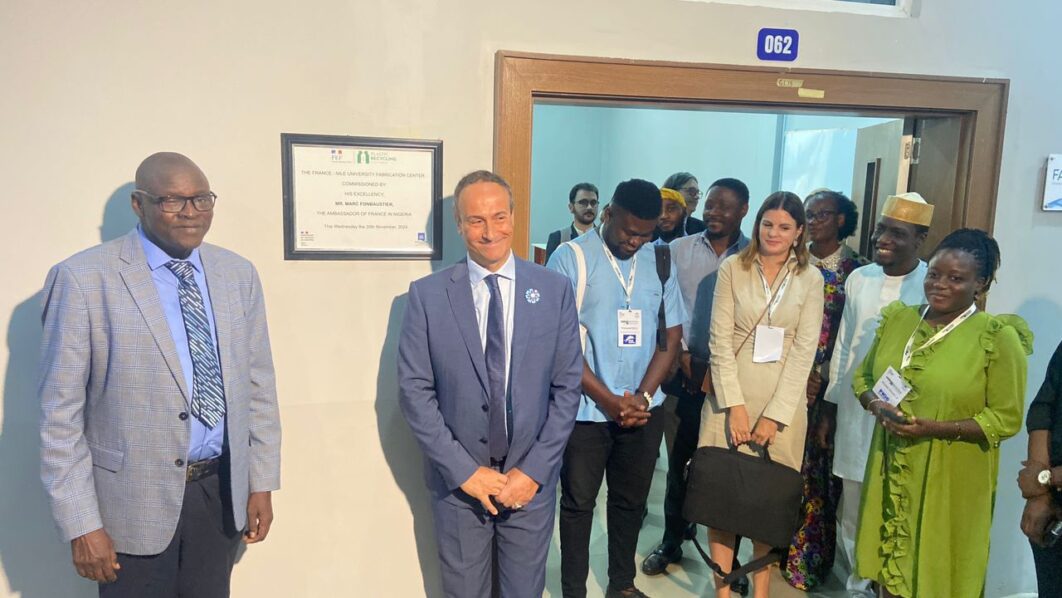
About 100 heads of state and government and 1000 civil society actors from across 100 countries of the world are expected in Paris, France, between February 10 and 11, for the AI Action Summit.
The Ambassador of France to Nigeria, Marc Fonbaustier, who made the announcement, said the summit would focus on three tangible priorities, including accessibility, environmental and technological transition of AI and the need to collectively design an effective and inclusive governance framework for artificial intelligence.
He said: “Access to AI must be guaranteed for every one so that each person in the world can benefit and develop new ideas to realise the full potential of the technologies.
“In order to reduce the growing digital gap and curb the excessive concentration of the artificial intelligence sector, we are launching a large-scale public interest AI initiative in order to foster the development and sharing of computing power, structured datasets, open tools and training for the talents of tomorrow. This project will be led by both public and private stakeholders.
“Secondly, we must together prepare the two major transitions of our time – the environmental transition and the technological transition. While artificial intelligence will, without a doubt, make a full contribution to fighting climate change and protecting ecosystems, it is currently on an untenable pathway when it comes to energy use. The latest forecasts suggest that the energy needs of the artificial intelligence sector will be 10 times higher in 2026 than they were in 2023. That is not sustainable.
“In response, an international and multi-stakeholder coalition for sustainable artificial intelligence will be launched at the summit in order to deepen research into the technologies’ environmental impact, evaluate models on that basis, define new standards and step up green investment at every link in the value chain.
“Lastly, we need to collectively design an effective and inclusive governance framework for artificial intelligence. In this respect, the first challenge is that of substance. The agenda of international AI governance must be broad and not be limited to ethics and safety issues. Other areas of key importance include, protection of fundamental freedoms, intellectual property, fighting market concentration and access to data. ”
The envoy expressed worries that talks about the inclusiveness of AI governance remained a mirage as only seven countries worldwide are truly participating in the major international AI initiatives while 119 are totally absent from them.
He added that since AI was not a neutral technology but a political and civic issue, it required intense international dialogue among the planet’s leaders, researchers, businesses and civil society.
“So, France has shouldered the responsibility of building on the momentum generated by the United Kingdom and the Republic of Korea and of hosting the AI Action Summit on February 10 and 11, which will bring nearly a hundred heads of state and government and a thousand civil society actors in Paris from some 100 countries.
“The stakes are sky-high; we must enable artificial intelligence to fulfill its initial promise of progress and empowerment in a context of shared trust that addresses the risks inherent to technological development,” he said.
Over 1000 heads of state, CSOS meet in Paris as AI summit opens Monday

The ambassador of France to Nigeria, Marc Fonbaustier, has sought a partnership with the country's education sector
The ambassador of France to Nigeria, Marc Fonbaustier, has sought a partnership with the country's education sector





